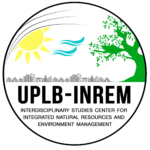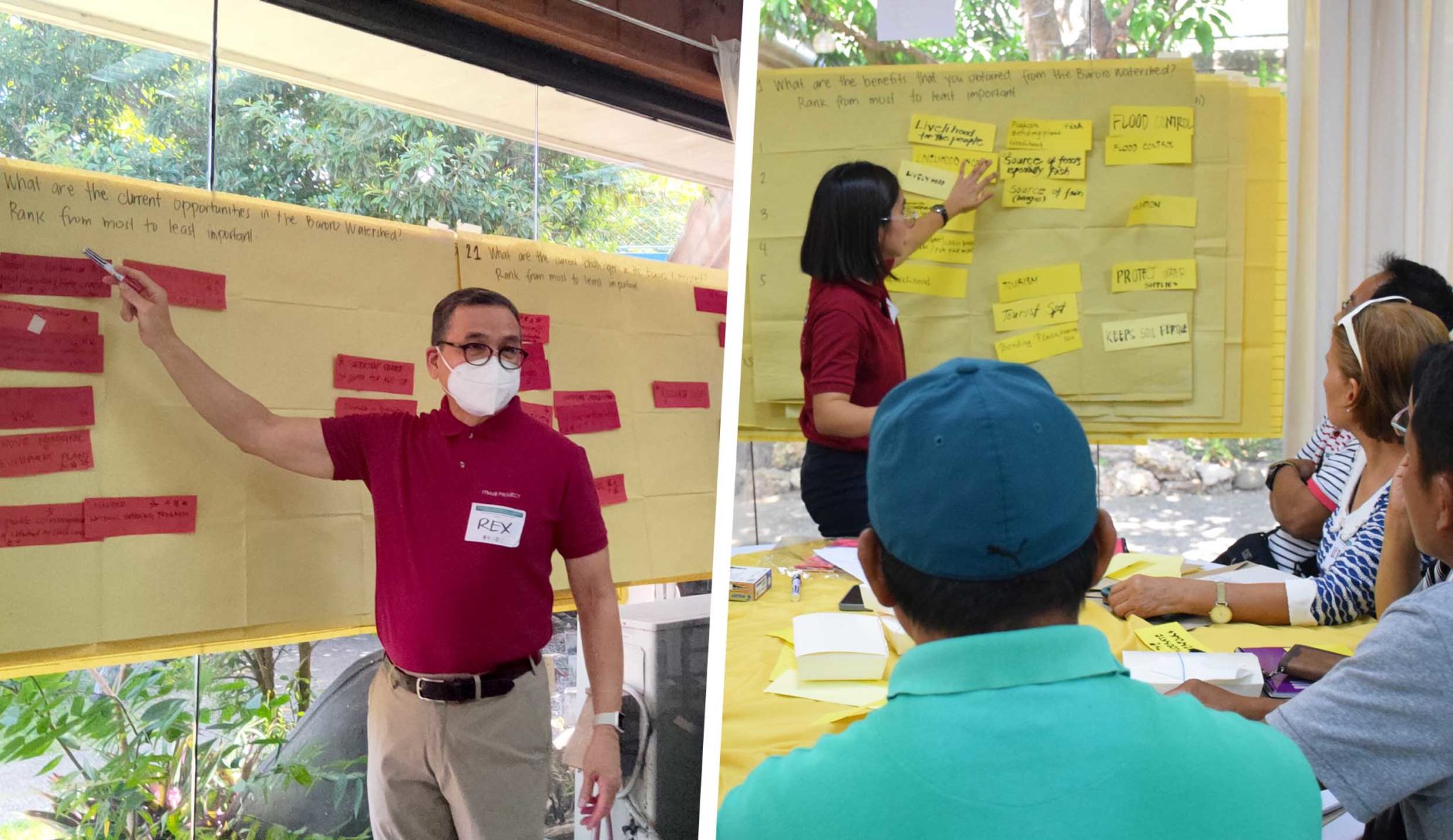Stakeholders of the Baroro watershed in La Union held a workshop to develop their vision for the said watershed for 2050 on July 11, 2023, at the Puerto de San Juan Resort Hotel in La Union.
The workshop drew more than 100 stakeholders, including representatives of indigenous peoples, farmers, fisherfolk, youth, academia, the private sector, national government agencies, and local government units of Bacnotan, Bagulin, San Juan, San Fernando City, San Gabriel, and Santol.
It was co-organized by the UPLB Interdisciplinary Studies Center for Integrated Natural Resources and Environment Management (UPLB-INREM) and the Provincial Government of La Union.
In a message delivered on his behalf by Provincial Environment and Natural Resources Officer Annalyn Rosario-Valdez, La Union Gov. Raphaelle “Rafy” Veronica Ortega-David emphasized the importance of generating innovative solutions to address the needs of the people while preserving the province’s biodiversity.
The governor encouraged their active participation and expressed her hopes that the partnership with UPLB in environmental care and preserving natural resources would continue to be fruitful.
The workshop was part of the three-year project “Integration of Traditional and Modern Bioproduction Systems for a Sustainable and Resilient Future Under Climate and Ecosystems Changes (ITMoB).”
This collaborative research project, implemented in Japan, the Philippines, and Indonesia, explores integrating traditional and modern bioproduction systems.
UPLB-INREM is implementing the project in the Philippines with support from the Philippine Council for Agriculture, Aquatic, and Natural Resources Research and Development of the Department of Science and Technology (DOST-PCAARRD).
Dr. Nimfa Torreta, Officer-In-Charge of the Forestry and Environment Research Division at DOST-PCAARRD, expressed support for the visioning activity and emphasized the importance of involving all stakeholders in shaping the future of the Baroro watershed. She highlighted the collective responsibility of safeguarding the watershed’s resources.
In an overview of the project, Dr. Juan Pulhin, project leader of ITMoB and professor at UPLB, said that the Baroro watershed had been a long-standing collaborator and project site for several UPLB action research initiatives.
Dr. Rex Victor Cruz, a staff member of the ITMoB project and Professor Emeritus at UPLB, presented the workshop objectives. He also shared findings from previous and ongoing UPLB projects in the Baroro watershed, emphasizing their continuity and complementarity.
Dr. Cruz mentioned his involvement in another ongoing DOST-PCAARRD project in the Baroro watershed called “Institutionalization of Guidelines on Watershed Integrated Area Land Use Planning Towards Resiliency (WILUP).”
Dr. Pulhin expressed his optimism for good outcomes, highlighting the unity in diversity demonstrated by the workshop participants.
He said that the inputs gathered from the stakeholders at the workshop would be integrated with the results of scientific assessments to develop 2050 scenarios for the bioproduction systems in the Baroro watershed and propose recommendations to optimize the benefits for the communities in La Union.
The next steps for the ITMoB project include conducting a perception survey among various stakeholders and a farmer household survey. (Farah Sevilla and Angelica Magpantay; photo credits to Sanica Lee of DOST-PCAARRD)

